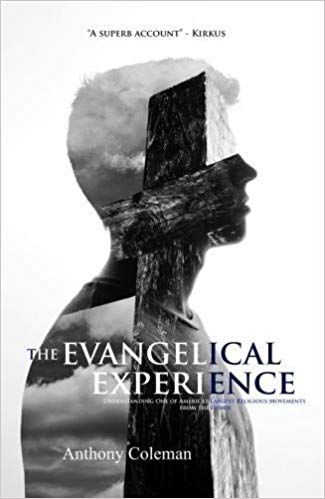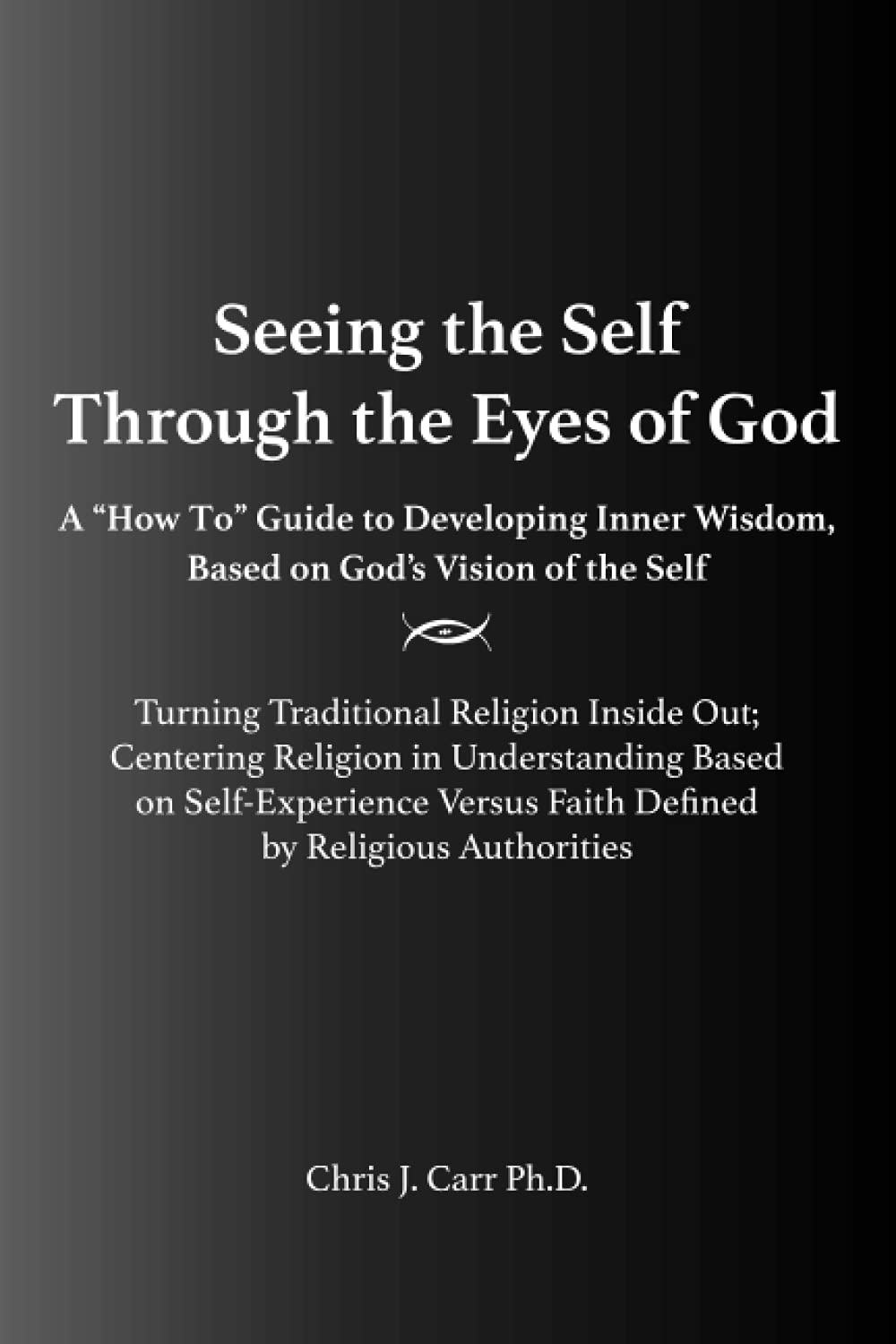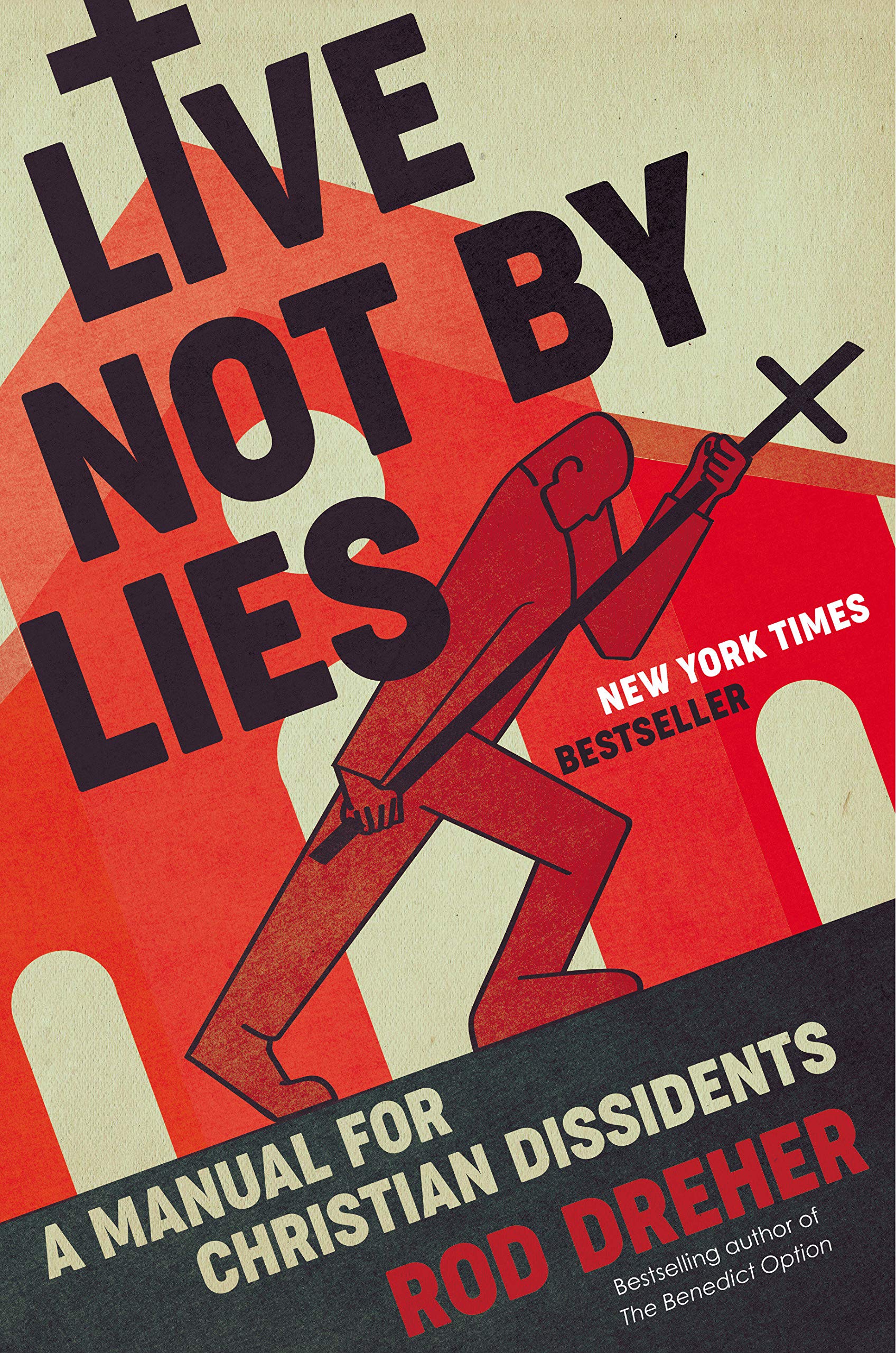You must be logged in to post a review.
The Divinely Sinful Saints
The Divinely Sinful Saints is perfect for those who explore a deeper understanding of the Biblical text beyond traditional Western Christian precepts and answers.
Con Trong Bui begins by introducing his readers to several questions: When the Bible makes distinctions between “LORD GOD” and “LORD,” is it referring to the same person/deity?, Was the Garden of Eden real or fictional?, Was Enoch a part of what we call humanity?, Does the incarnation of Christianity affirm reincarnation?, Should we interpret the Bible literally?, Why does the Bible use symbols, analogies and parables? Bui is the master of these deeper-level questions, and he asks hundreds of them. One question that sparked my interest was, “should we take the Bible literally, and how can we reconcile the many apparent contradictions and illogical writings in the Bible?” Bui suggests that knowledge about symbols can help us see the meaning of the scriptures as the writer intended. He writes that the Bible was not meant “to be interpreted and understood literally.”
Bui also discusses the reasons why symbols, parables, and analogies are indispensable. He poses the idea that “if things and inhabitants in the spiritual world were the same as this physical, concrete world of matter, then symbols and analogies would not be needed […] human language does not have enough terms or extensive vocabulary to differentiate a vast system and experiences that are beyond the five senses.” This gave me a different perspective on figurative language in general. The fact that humans have to use stories, metaphors, symbols, and the like to convey their points could signify or even confirm Bui’s theory. For example, phrases in the Bible like “the body of Christ” have duality. This phrase means the literal body of Jesus, but it also means “the body” or group of people that make up his following. This “body” of people are described as individual “temples” that house God’s Spirit just like their building counterparts. The duality in these terms is essential to understanding scripture.
Another topic that intrigued me was Bui’s discussion of human nature and the difference between love and affection. He explains that love is impartial and free from human sentimentality, but affection is an attachment that could lead to injustice and partiality.
I thoroughly enjoyed this book. Anyone who has a passion for critical thinking, a love for profound spiritual ideas, and a longing to break out of traditional Westen Christian thinking will appreciate this book.
My one complaint is that Bui explores so many questions in this book that one might find herself lost. The book is exceptional—well-written and easy to understand—but it might not fit into the conservative or fundamentalist Christian box. Be warned; this book is not for the faint-of-heart Christian thinker.
| Author | Con Trong Bui |
|---|---|
| Star Count | /5 |
| Format | eBook |
| Page Count | 399 pages |
| Publisher | Archway Publishing |
| Publish Date | 2018-12-07 |
| ISBN | 9781480869400 |
| Bookshop.org | Buy this Book |
| Issue | May 2019 |
| Category | Religion |
| Share |






Reviews
There are no reviews yet.